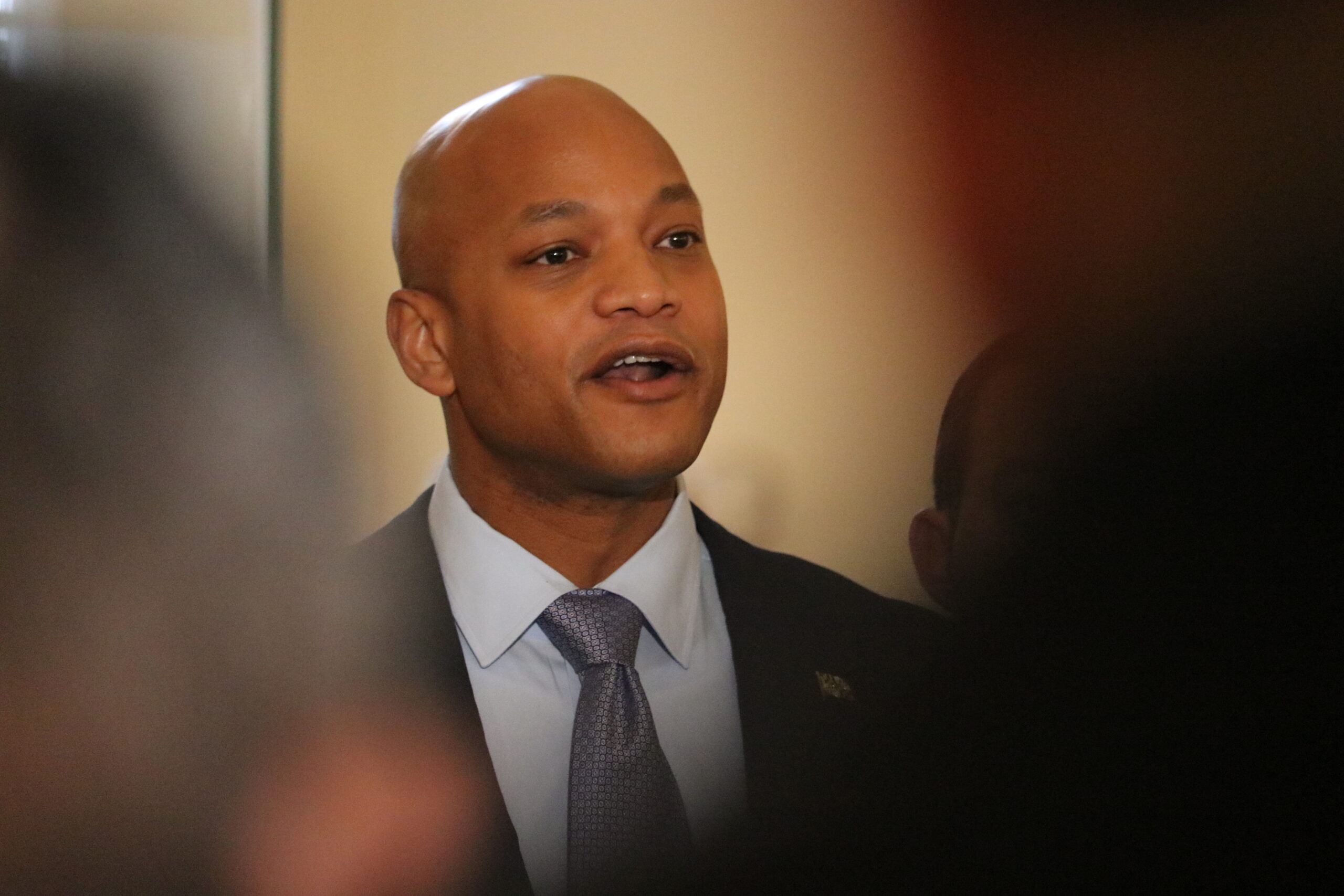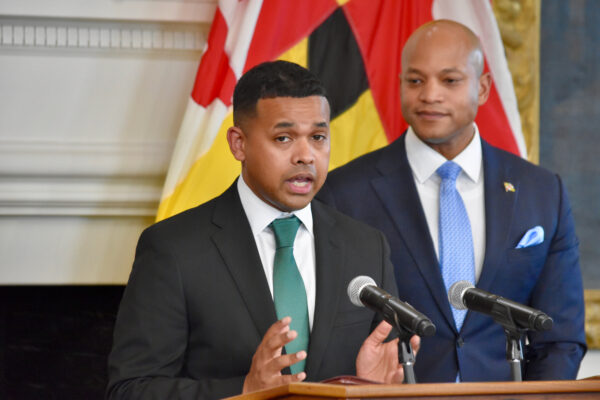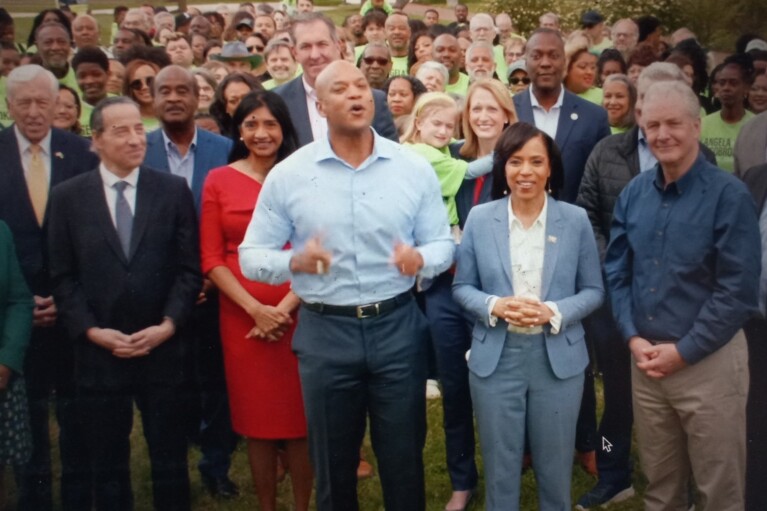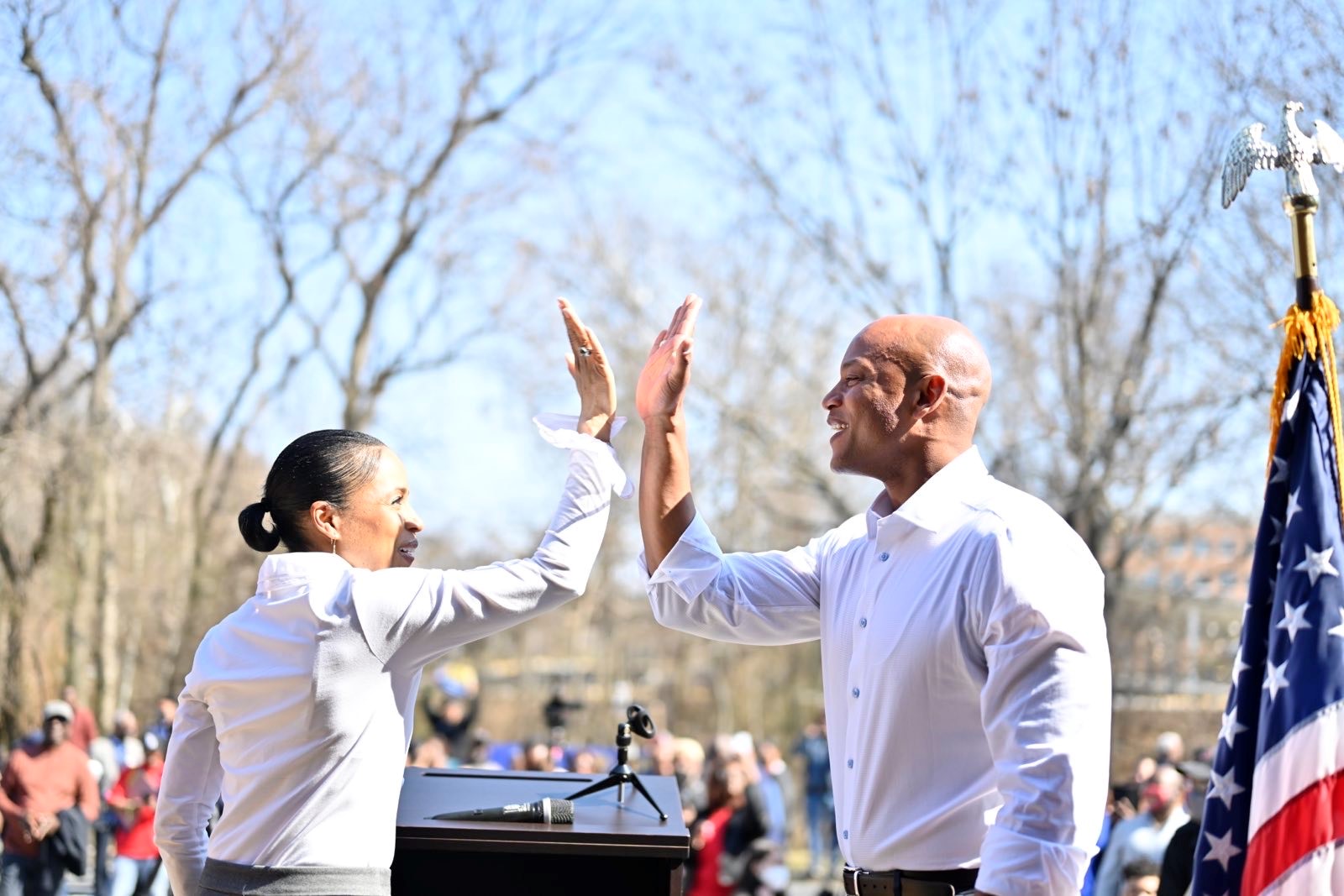News roundup: Moore raises money in Martha’s Vineyard, gambling sends $1.6 billion to state coffers, service year program seeks applicants

Gov. Wes Moore (D) started his week in Martha’s Vineyard for what is being described as a vacation coupled with “some select fundraising,” according to a campaign spokesperson.
The spokesperson did not respond to a request for a complete itinerary. Moore was on the guest list for a reception with Vice President Kamala Harris (D) on Saturday, according to NBC 10 in Boston.
Prince George’s County Executive Angela Alsobrooks (D) and Montgomery County Councilmember Will Jawando (D) are also holding fundraisers on Martha’s Vineyard this week for their U.S. Senate campaigns. Moore is not expected to attend either event.
So far, the governor has not endorsed in the U.S. Senate Democratic primary race which also includes Rep. David Trone (D-6th). In June, Moore said he was paying close attention to the race and vowed to “step in quickly” if the campaign turned negative.
Moore is no stranger to fundraising in Martha’s Vineyard. Last year he attended an event hosted by filmmaker Spike Lee.
This is Moore’s third political junket in the last month. The governor is the finance chair for the Democratic Governors Association.
In July, he attended the Sun Valley Conference in Idaho and raised money for the DGA. He also attended the association’s conference in California.
Moore is scheduled to return to Maryland later this week. He’ll head to the beach for the annual Maryland Association of Counties summer conference.
While there, he will tour a farm and gourmet ice cream shop in Berlin and give the closing address at the conference.
The governor also will also hold a campaign fundraiser for himself in Ocean City on Thursday at the 45th Street Taphouse.
State takes in nearly $1.6 billion from gaming
Maryland took in nearly $1.6 billion in revenue from gamblers in fiscal 2023, according to the Maryland Lottery and Gaming Control Agency.
The state’s six casinos remain the biggest moneymaker for the state, contributing more than $848 million in the fiscal year that ended July 31, up nearly 3% from the previous year. Nearly $623 million goes to the state’s Education Trust Fund.
Lottery sales, which saw an nearly 4% increase year over year, contributed more than $714 million to state coffers. Of that, nearly $652 million goes into the state’s general fund.
Sports wagering in Maryland contributed more than $25 million to the Education Trust Fund. Mobile sports wagering accounted for nearly 82% of the contributions to the state.
In fiscal 2022, the state had just five retail sportsbooks responsible for $9.7 million in contributions to the state’s K-12 education efforts.
This past fiscal year, the state boasted 10 retail and 10 mobile sportsbooks in operation. Two more began operating in the current fiscal year.
Gaming officials estimate that sports wagering will bring in $25 million to $30 million annually for the trust fund.
Contributions from daily fantasy play totaled $1.2 million, a decrease from nearly $2.6 million in fiscal 2022.
Money collected by the state from gaming is the fourth largest revenue source behind personal income, sales, and corporate taxes.
Service program seeks applicants
The newly minted Department of Service and Civic Innovation is accepting applications for its inaugural class of service-year and Maryland Corps participants.

Paul Monteiro is nominated to be the first secretary of the Department of Service and Civic Innovation. The cabinet-level position was created earlier this year by Gov. Wes Moore (D). Photo by Bryan P. Sears.
High school graduates aged 18 to 21 can earn $15 per hour in a nine-month service year option program. Participants will receive job training and professional development.
Adults of any age interested in public and community service can participate in the nine-month Maryland Corps program. The program offers personal money management training and an hourly wage of at least $15 per hour.
At the end of either nine-month program, participants receive $6,000 for tuition or as a cash stipend.
The service-year program, as envisioned by Gov. Wes Moore (D), would take on an initial 200 participants in its first year. By 2027, the program could include up to 2,000 high school graduates, all of whom would be paid a stipend during their service.
Moore made the creation of a service year program and the Department of Service and Civic Innovation top priorities for his first legislative session. The program is the first of its kind in the country.
The governor in April appointed Paul Monteiro secretary of the new cabinet-level department.




 Creative Commons Attribution
Creative Commons Attribution